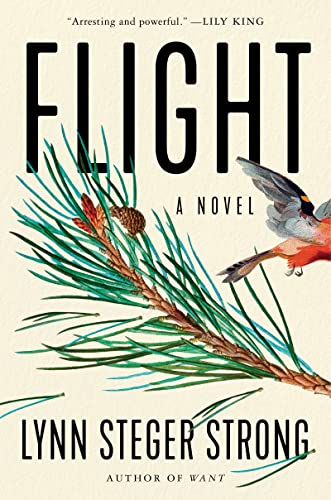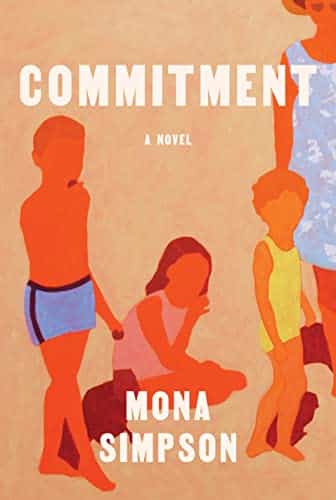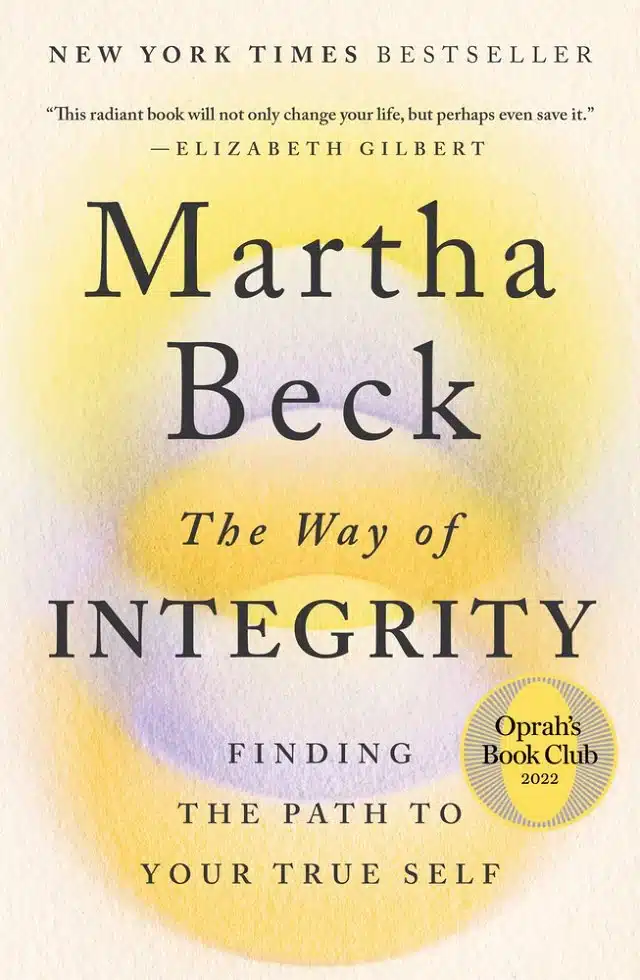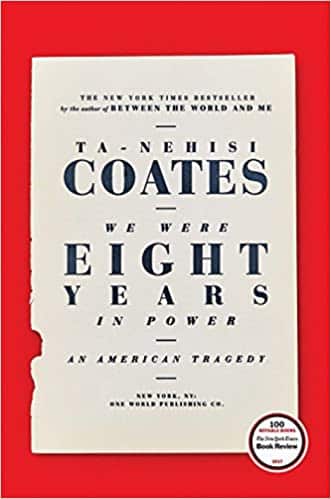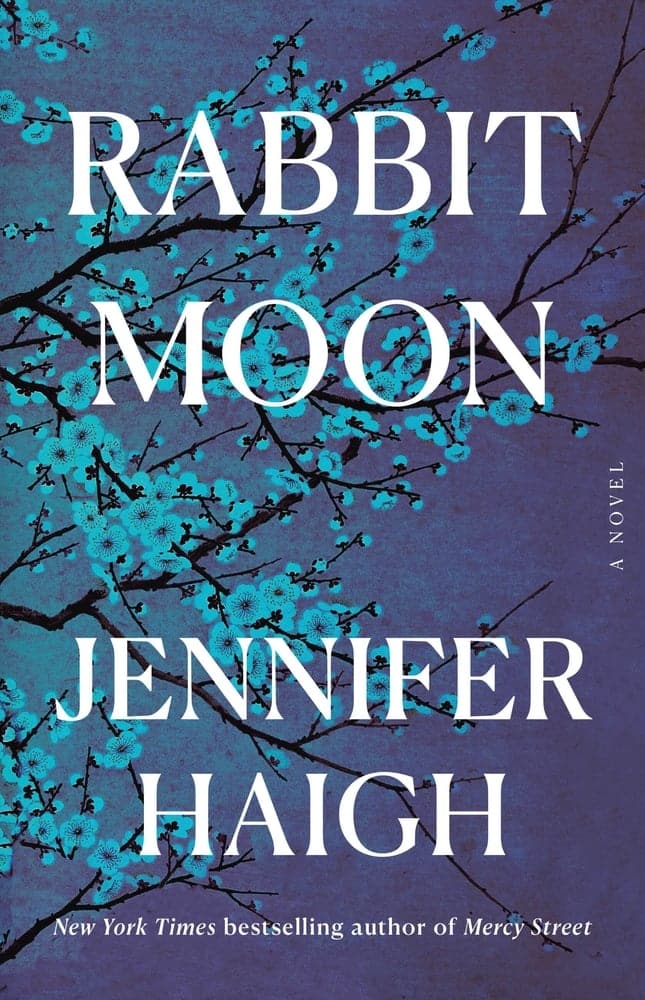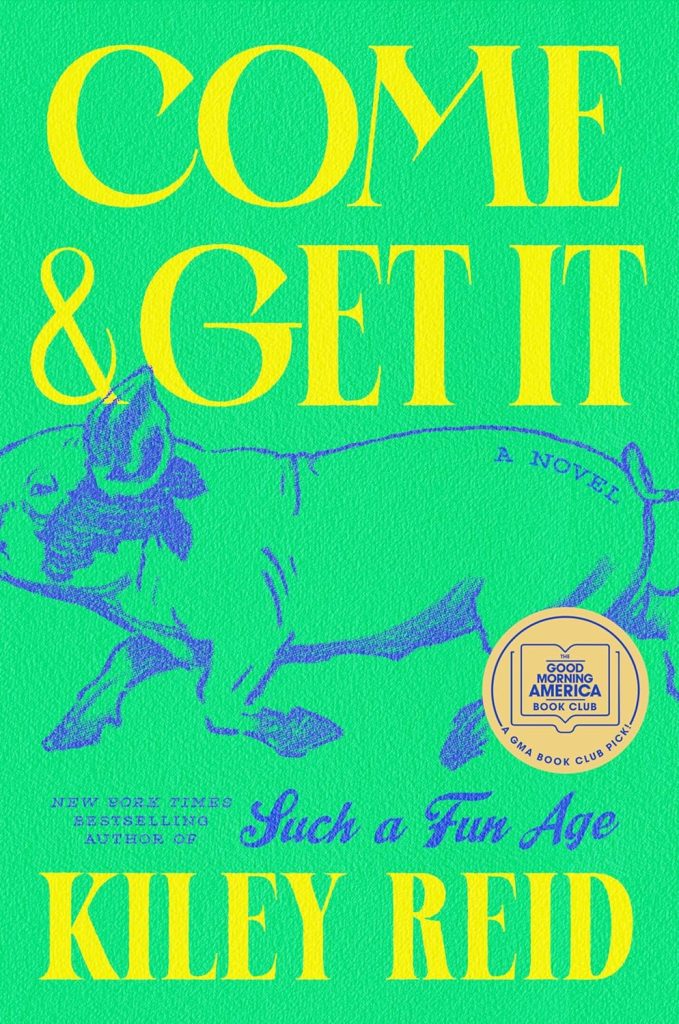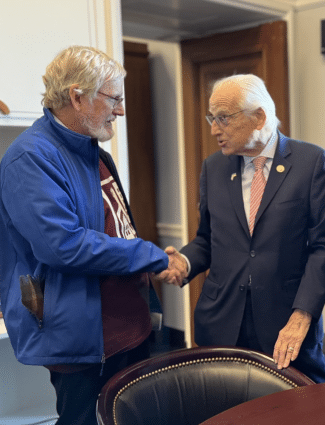
Crossing the Valley Step by Step
Estimated reading time: 2 minutes, 9 secondsAs I sit here, memories swarm through my mind like a whirlwind of current events. One particular memory stands out of a time when I fell into a muddy gulley. The devastation of that fall was palpable. It was March 21, 2019, and I was attending the Monarch Farewell Dinner, marking the end of my full-time employment.
The three months before were filled with doubt and uncertainty. Despite this, my speech at the event was a resounding success. Jan discreetly praised my performance and remarked that it was the best speech she had ever heard at an event like this. It gave me a renewed purpose and determination, and I felt ready to face any challenges. Little did I know that within five months, I would be confronted with some of the biggest challenges of my life.

In several previous posts, I’ve openly discussed the challenges I’ve faced as a caregiver to my wife and my struggle with grief. At the moment, I’m in the process of putting together a new post that will dive into my journey from a place of profound uncertainty to where I find myself today. Through this post, I want to convey two key ideas that have been integral to my path forward.
The first thought was that on the morning after the farewell dinner, I looked at my phone and saw that Jan had posted a message on Facebook about the event. Her message read,
It was a great tribute dinner honoring my wonderful husband, Richard W. Brown. There was a gospel choir, a photo slideshow (some featuring a younger Richard when his hair was red), and beautiful speeches. Richard continues to call us all to action to work to end homelessness and repair the world. I am so proud!
Secondly, after half a decade had passed, I attended the NLIHC Hill Day in DC, an event that I had always participated in regularly. I had never really thought I would return to it after my wife’s passing, but I surprised myself by attending this year precisely five years after the farewell dinner. During the event, I spoke passionately about various issues, including Bridges, an organization I have been fortunate to serve as the current board chair.
After a long and challenging journey, I have finally managed to leave the valley. Though the future still presents its share of challenges and obstacles, I feel stronger and better prepared to face them. Rather than fearing what lies ahead, I greet it with courage and optimism, ready to tackle whatever comes my way.




